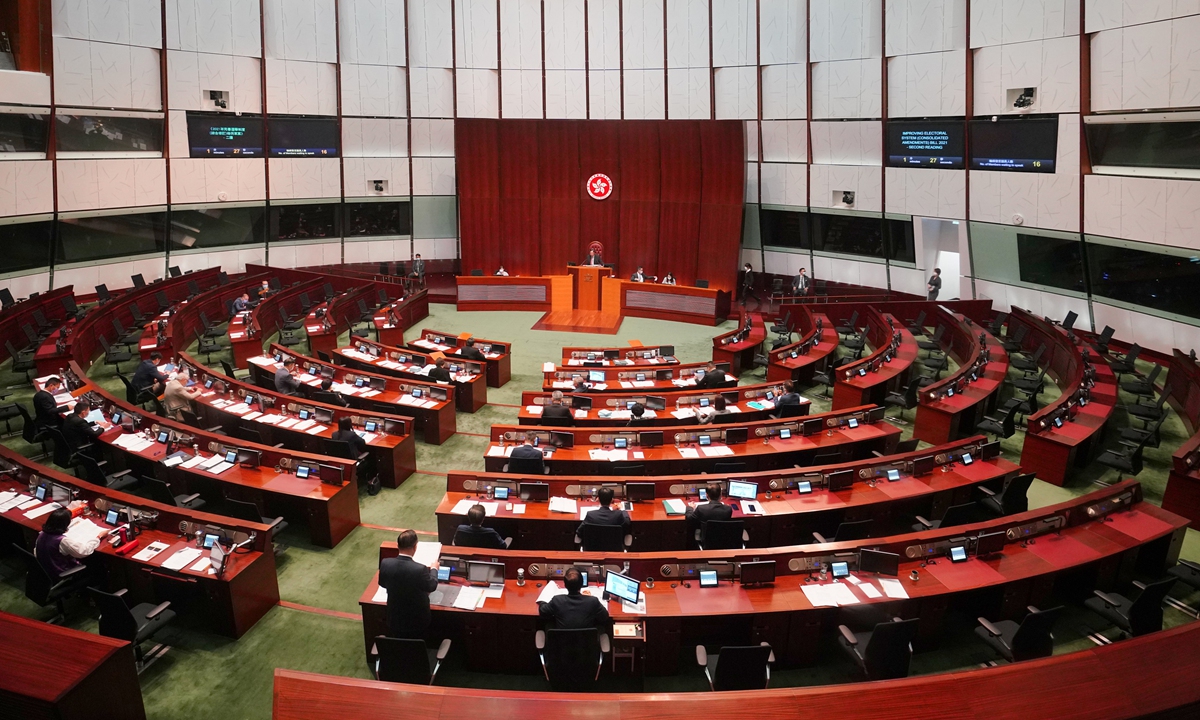National Security: Extraditions to Beijing back on the table in Hong Kong
The local government is asking the Legislative Council (which it controls) to approve a new regulation that would hand over jurisdiction to mainland China in "complex cases" involving foreign countries. The measure appears tailored to the case of Jimmy Lai. The "geopolitical situation" is cited as justification. It was opposition to extradition that sparked the pro-democracy protests in 2019.
Hong Kong (AsiaNews/Agencies) – Hong Kong authorities have proposed the creation of a mechanism that would allow mainland China to exercise jurisdiction over national security cases, based on a clause in the national security law imposed by Beijing. The move would open the door to pursuing “complex” cases across the border.
On Monday, the Security Bureau published a document for the Legislative Council outlining a list of proposals for adding secondary legislation to Article 23—the local version of the national security law passed in Hong Kong a year ago. According to the government, national security risks persist due to the current “complicated geopolitical situation.”
Among the proposals is one reviving Article 55 of the previous law—imposed by Beijing in 2020—allowing Beijing’s Office for Safeguarding National Security in Hong Kong to “exercise jurisdiction” over applicable cases. Local media refer to this as the "China extradition clause" for individuals accused of endangering national security.
The Hong Kong government claims the provision should be applied in cases deemed “complex” due to the involvement of foreign countries, as stipulated in Article 55. However, in many instances—such as that of Jimmy Lai, recently referenced by US President Donald Trump—even simple contact with foreign figures is cited as evidence of external interference.
The proposed secondary legislation falls under Article 23, Hong Kong’s home-grown national security law, which targets crimes such as treason, insurrection, sabotage, foreign interference, sedition, theft of state secrets, and espionage.
The Hong Kong Legislative Council—composed solely of “patriots”—is meeting in an extraordinary session this afternoon to review the document. The process suggests a swift and straightforward ratification is likely.
Back in 2019, the issue of extradition to China was the spark that ignited mass pro-democracy protests, bringing two million people into the streets of Hong Kong.
At the heart of public concern was the fear of being subjected to a judicial system that did not respect human rights—a move seen by many Hongkongers as an unacceptable extension of Beijing’s influence that threatened the rule of law and the "one country, two systems" principle that had preserved a liberal order in the former British colony.
The extradition bill was eventually withdrawn by then-Chief Executive Carrie Lam in response to public outrage. However, the severe crackdown that followed in 2020—aimed at crushing the pro-democracy movement and leading to the arrest of nearly all major opposition figures and hundreds of young protesters, many of whom remain imprisoned—has already largely eroded Hong Kong’s judicial autonomy. The reintroduction of a measure enabling extraditions to Beijing for national security charges would effectively complete the dismantling of that autonomy.
07/02/2019 17:28







.png)










